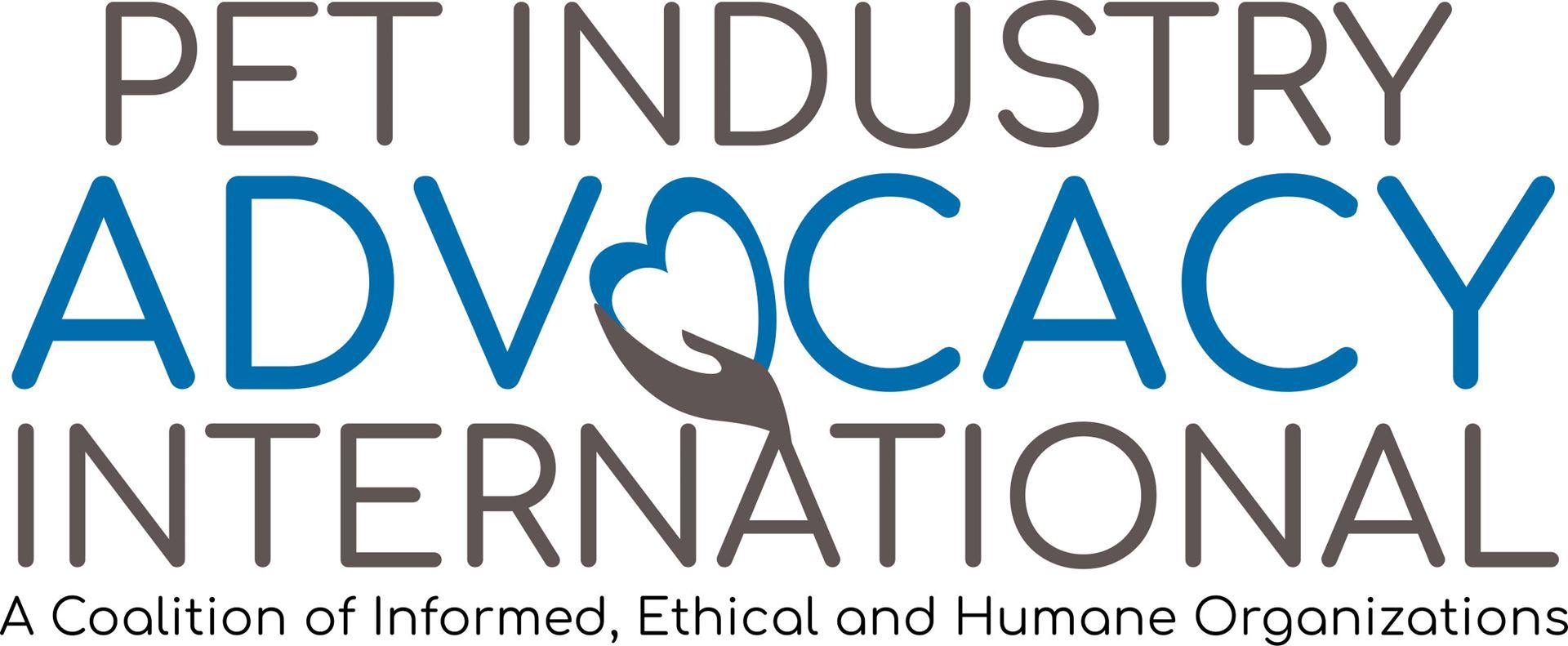Join Us in Our Mission to Professionalize the Pet Industry Through Ethics, Consumer Protections and Professional Competency |

CONSUMER PROTECTION & TRANSPARENCY
- Home
- Initiatives
- Transparent Operational Practices
- Transparency Best Practices
The marketing and business practices implemented by pet professionals can significantly impact pet owners and their pets – emotionally, environmentally, physically, and psychologically. As such, it is imperative that pet professionals operate to a high standard of moral code in terms of business transparency and consumer protection.
- Professional pet industry practitioners should have a specialized knowledge advantage over the ordinary person, their clients. This knowledge should be used honestly and with full transparency.
- Professionals should avoid clouding a pet owner’s decision-making process with inaccuracies, pseudoscience, and outdated information.
- A professional’s knowledge and education should be based on current scientific study and not archaic, scientifically unsound methods that enable them to exploit clients and their pets through unfounded and misleading marketing and/or sales information regarding their products and services, not to mention any resulting behavioral fallout from implementing said methods. The consequences can be severely damaging for pets, their owners and the integrity of the industry.
- It is the position of the PIAI that all business practices and services should be provided to clients with full transparency, informed consent, and be documented.
- Product/Service Safety – Business owners must be forthright and honest about any and all products/services that will be used during the pet’s service. This covers training equipment, management, and care tools and equipment, pet care chemicals, foods, treats, and any ancillary products. This aims to protect the pet owner and their pet against unreasonable risks associated with a particular product or service. All products used or recommended must seek to do no harm while also doing good. (Product safety is regulated by the Consumer Product Safety Commission in USA and other regulatory bodies internationally).
- Deceptive Advertising – All advertising must be honest and transparent and not be deliberately misleading to consumers either by misrepresentation of a product, or service features, or making any false claims about expected results. (Deceptive advertising is regulated by the Federal Trade Commission in USA and other regulatory bodies internationally).
- Bait and Switch Advertising – Clients must not be misled with any verbal or written advertisements regarding a company's products or services and then have said products switched without any prior communication or consent by the pet owners. This covers the practice of advertising one product to coerce consumers into a business when there is no intention to actually sell that product but to sell a different, often more expensive, product or service that provides a different type of methodology to gain the desired results. (This fraudulent advertising is also regulated by the Federal Trade Commission in USA and other regulatory bodies internationally).
Key Definitions
- Fraudulent: Not what it claims or pretends to be.
- Claim: To state that something is true or is a fact.
- Pretends: To behave as if something is true when you know that it is not, esp. in order to deceive people.
- Deception: A statement or action that hides the truth, or the act of hiding the truth.
- Truth: The actual fact or facts about a matter.
- Fact: Something known to have happened or to exist.
Transparency Engagement Form
Before engaging any pet industry professional over services or products consumers have the right to transparency in terms of the risks and benefits associated with the services provided. Consumers are entitled to the knowledge of whether the selected professional uses a predominantly positive reinforcement philosophy or whether they use alternative methods that, according to the growing body of scientific research, can cause physical and/or psychological damage to the pet. The consumer's rights should also include knowledge of the professional’s choice of tools and how they are used.
Best Practice
It is recommended as a best practice that the pet professional provide a copy of the agreed upon Transparency Document to their clients.
Clients must understand exactly how their service will be implemented with:
- Full transparency and consent regarding the use of any equipment and tools
- A full and comprehensive knowledge of the approach and philosophy to be used by the service provider
- An understanding that any required changes to the agreed upon plan will be approved by them first, the client, before any changes are implemented by the professional.
